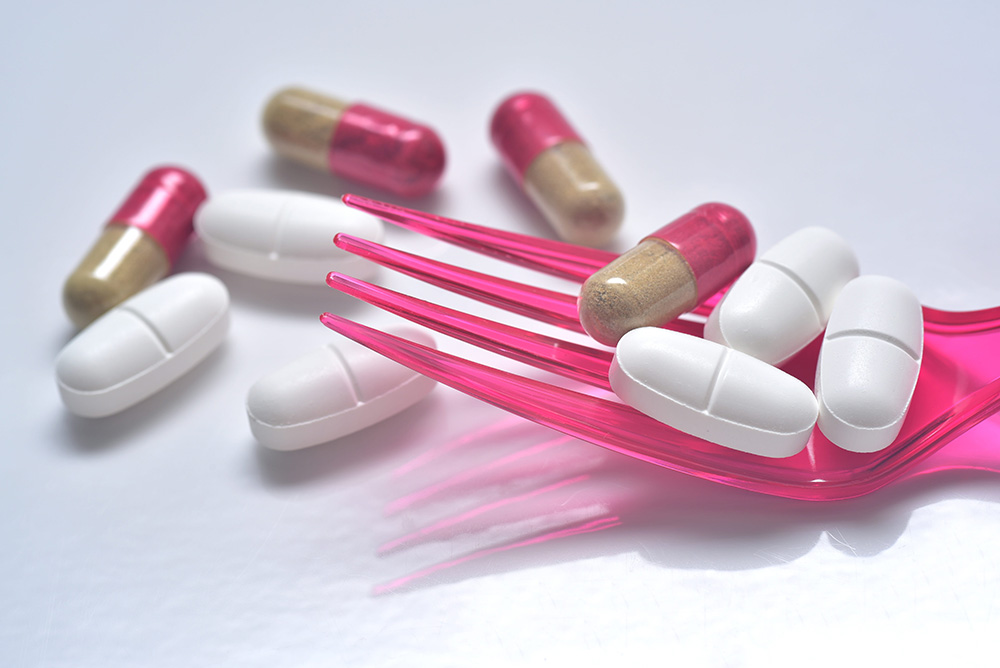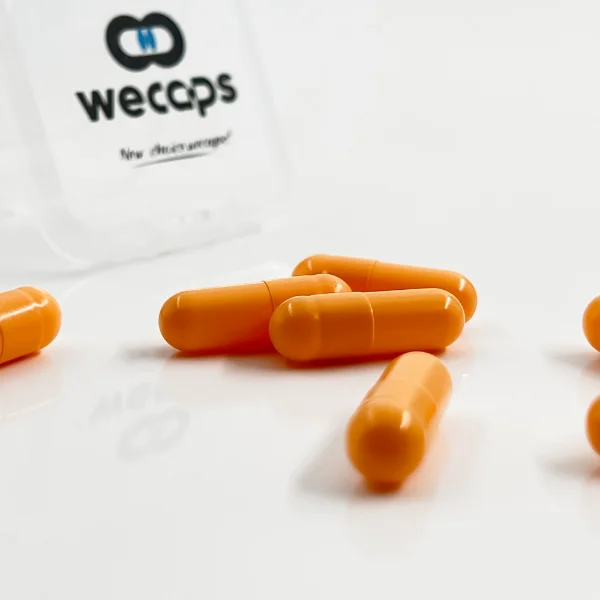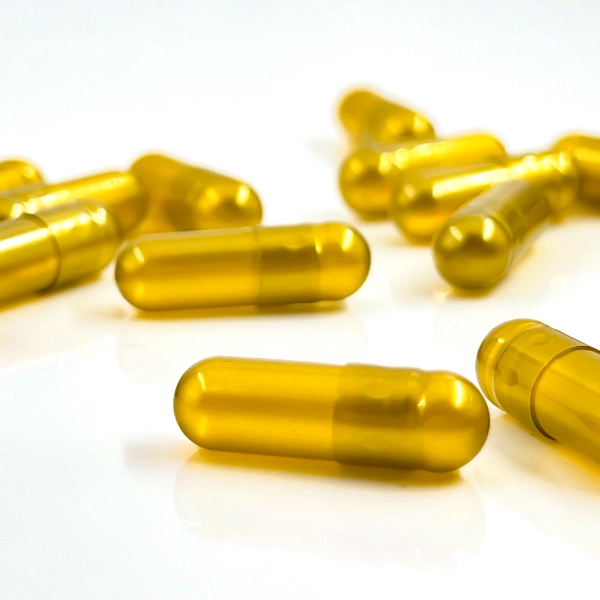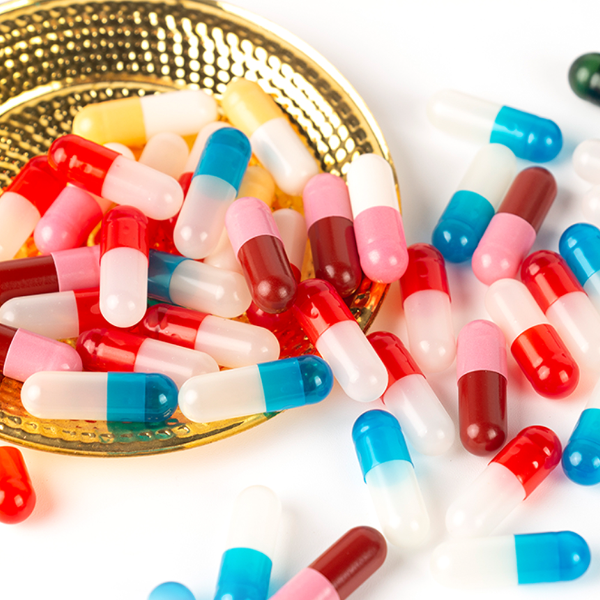Vegetable Capsules - The Future of Pharmaceutical Capsules
Article source:Huili Sep 23, 2022 1137
Why are there drug capsules? Capsules of all shapes and sizes
Why are there drug capsules
Capsules are simply a veneer or vest for a drug and are used not just to make the drug look good, of course, but mainly to make it easy to take and to achieve optimal efficacy.

According to historical records, the first capsules used by humans were created in Egypt 1500 years ago. At that time, it is not known whether the capsules were purely for the purpose of wrapping drugs. However, from 1730 onwards, pharmacists in Vienna began to manufacture what were then called vegetable capsules from starch. At this point it can be clearly stated that capsules were used to wrap drugs. And the technology for the production of capsules was patented in Paris in 1834.
The drugs taken when a person is ill are digested and absorbed into the bloodstream by the gastrointestinal tract, and are also broken down by the liver. But a considerable number of powders, granules, liquids and tablets of drugs either have a bitter and irritating taste, or are easy to volatilize, or are easily decomposed by saliva in the mouth, and some drugs are also inhaled into the airways, causing side effects. So putting the medication in capsules protects the mouth and digestive tract, is easy to swallow, and allows the medication to work best.
And to make the drug work best, it is also necessary to avoid the drug being destroyed by human stomach acid, because some drugs need to be dissolved and absorbed in the intestine, so it is necessary to use capsule-like objects made of special membrane materials (such as gelatin, cellulose, polysaccharide, etc.) to put various types of drugs, such as powder and liquid, into the capsule according to the dose. In addition, drugs have a half-life, which refers to the time it takes for the maximum concentration of a drug in the bloodstream to decrease by half. The half-life of a drug reflects the rate of elimination (excretion, biotransformation, storage, etc.) in the body and shows the relationship between the time the drug is in the body and the blood concentration. Therefore, it is the main basis for deciding the dose and frequency of drug administration. Drugs with a long half-life are eliminated slowly in the body, and the interval between dosing is longer; while drugs with a short half-life are eliminated quickly in the body, and the dosing time is shorter.
For drugs with a short half-life, frequent dosing is required to maintain the concentration of the drug in the blood, and to avoid the hassle of frequent dosing, special capsules are needed to encase the drug, which are extended-release capsules. Slow-release capsules can also avoid the disadvantage of high and low effective blood concentration after frequent administration of general preparations, and the toxic side effects of slow-release capsules are also smaller than general preparations. Therefore, many drugs, such as ibuprofen, aspirin, Tylenol, etc. are available in extended-release capsule formulations.
Capsules of all shapes and sizes
There are many different kinds of capsules for medicinal use. In terms of production materials, they can be divided into traditional capsules (also known as gelatin capsules and animal capsules) and vegetable capsules. Traditional capsules are made from animal skins, bones and tendons, which are fat-free and high in protein through complex physicochemical treatment, easily absorbed by the human body and have physical characteristics such as high viscosity, high freezing power and easy freezing.

Plant capsules (also known as halal capsules) are hollow capsules made from plant cellulose or water-soluble polysaccharides, of which the cellulose is 2-hydroxypropyl methyl cellulose, usually made from short cotton lint or wood pulp, which is etherified. For example, carrageenan, pectin, agar, sodium alginate and guar gum are extracted from plants, and some of their characteristics are the same as animal gelatin.
In terms of physical shape, medicinal capsules can be divided into two categories: hard capsules and soft capsules (also known as gel pills). Hard capsules are made of a certain amount of drug (or herbal extract) and appropriate excipients (or no excipients) into a uniform powder or granule, which is filled in a hollow hard capsule. Soft capsule is a certain amount of drugs (or herbal extracts) dissolved in the appropriate excipients, and then sealed in a spherical or olive-shaped soft capsule by pressing (or dropping) method.
Capsules can also be divided into gastric soluble and enteric soluble types according to where the drug is released in the body. Gastric soluble type is to release the drug wrapped in the capsule in the stomach, while enteric soluble type is to release the active ingredients of the drug by adding special pharmaceutical polymer materials to the capsule shell or by special treatment so that it does not dissolve in the gastric juice but only dissolves in the intestinal juice. Distinguished by the size of the capsule, there are several types of gastric-soluble capsules: 000, 00, 0, 1, 2, 3, 4, 5, while enteric-soluble capsules are 0, 1, 2.

Regardless of which drug capsule, it is necessary to make the main ingredients of the capsule - pharmaceutical gelatin, edible gelatin and food coloring and other excipients, hooked into a fluid-like raw material, and then put into the molding mold pressure molding, and then trim packaging. Thereafter pharmaceutical companies then fill such capsules with powder or liquid drugs to make capsule drugs. Capsules are generally double-locked, i.e., the capsules are produced and pre-filled with the drug before they are pre-trivialized, and then completely locked together after they are filled with the drug.
At present, traditional capsule drugs occupy more than 90% of the market, while plant capsule drugs account for only 5% to 10%.





